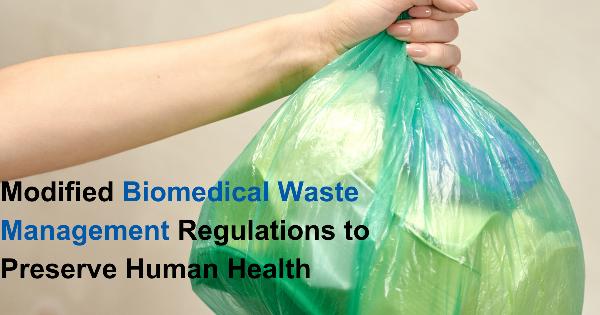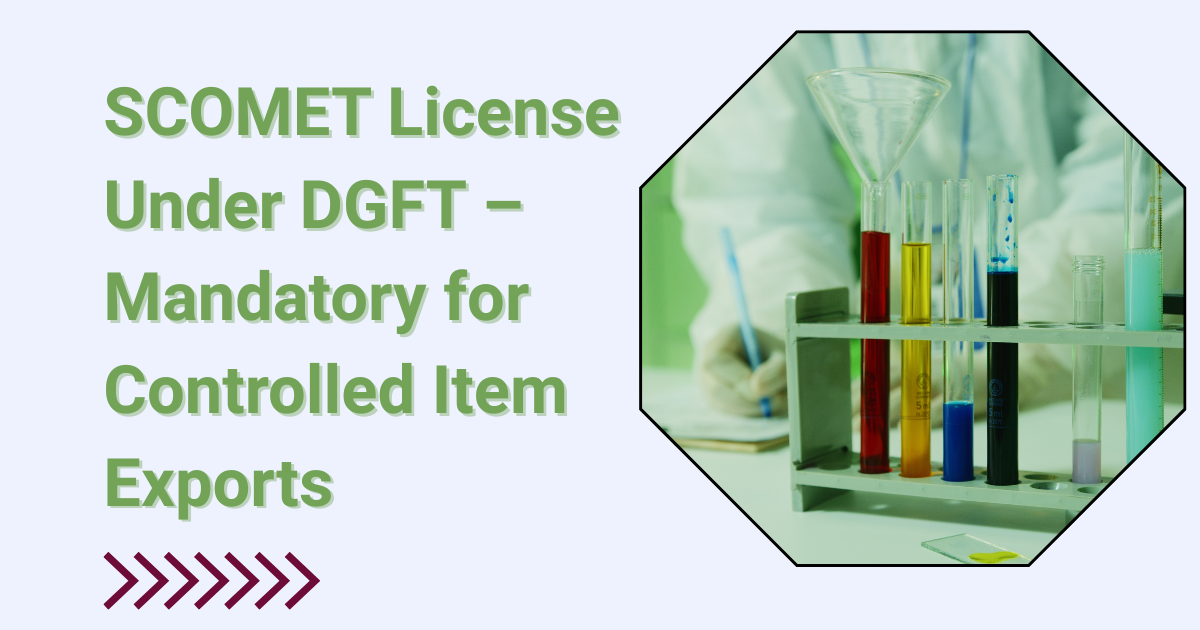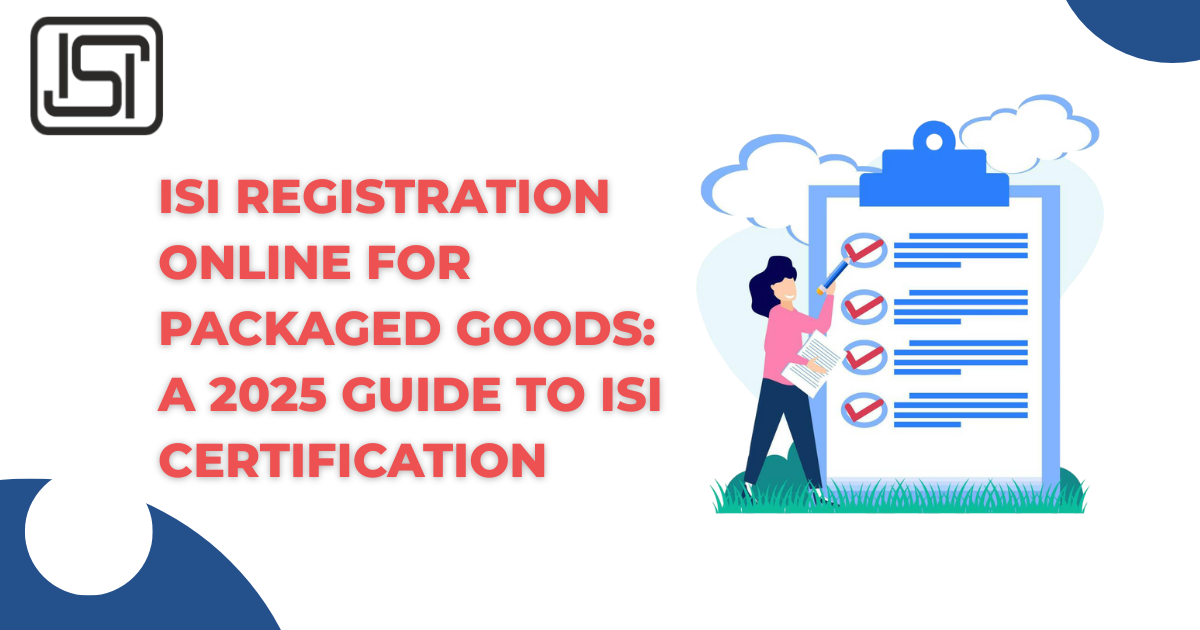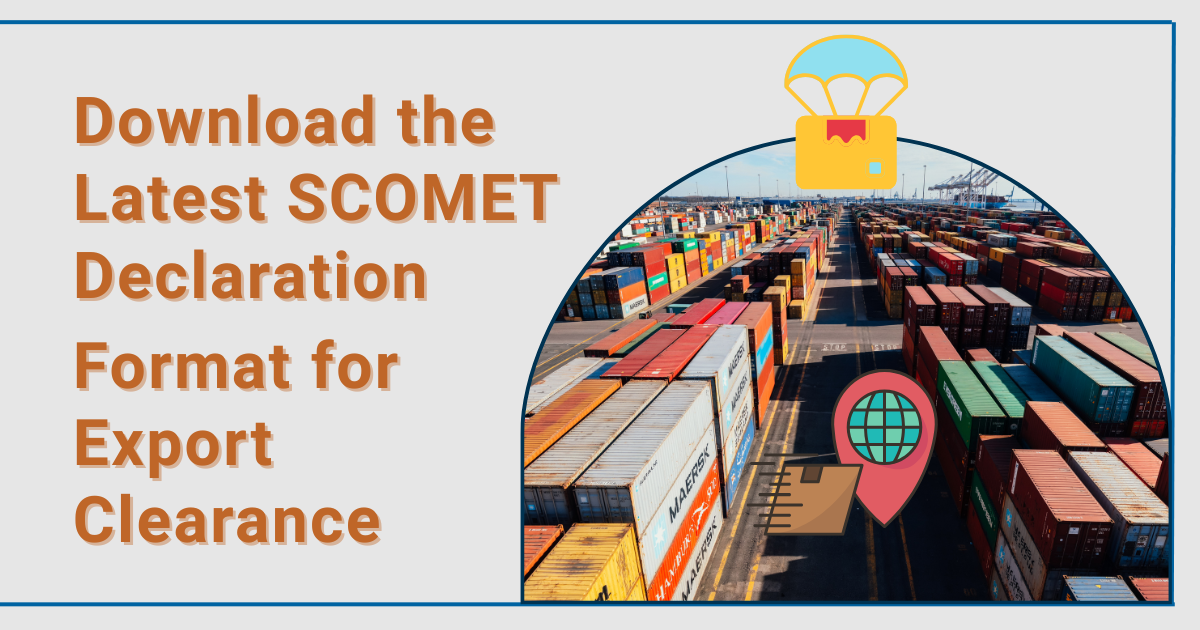Modified Biomedical Waste Management Regulations to Preserve Human Health

Strong 8k brings an ultra-HD IPTV experience to your living room and your pocket.
The Indian Government has recently introduced revised Biomedical Waste Management Regulations (BMWM) to ensure the safe and environmentally sound management of bio-medical waste. The regulations are aimed at preserving human health and protecting the environment from the potential hazards posed by such waste.
Numerous types of bio-medical waste are covered by the updated Biomedical Waste Management Regulations, including chemical waste, animal waste, human anatomical waste, microbiological waste, and discarded sharps. The protocols for biomedical waste collection, storage, transportation, treatment, and disposal are also outlined in the regulations.
The requirement that all healthcare facilities register with the relevant State Pollution Control Board (SPCB) or Central Pollution Control Board (CPCB) is one of the main changes to the revised Biomedical waste management regulations. Now that the registration procedure is online, healthcare facilities will find it simpler to abide by the rules.
To supervise the handling of biomedical waste, healthcare facilities must also designate a Biomedical Waste Management (BMWM). Ensuring that all biomedical waste is managed by the BMWM Regulations is the responsibility of biomedical waste management.
The updated BMWM Regulations also outline the guidelines for handling and getting rid of biomedical waste. Before disposing of waste, healthcare facilities must use the proper treatment techniques, such as autoclaving, disinfecting, or burning, to make the material harmless.
Biomedical waste disposal is now governed by more stringent laws. Healthcare establishments must dispose of their treated waste in landfills that have been designated especially for that purpose. Additionally, there are regulations governing the disposal of sharps that mandate that they be disposed of first in containers that are resistant to punctures.
The revised BMWM Regulations also include provisions for the safe transportation of bio-medical waste. Healthcare facilities are required to use vehicles that are specifically designed for the transportation of such waste. The vehicles must also be equipped with appropriate safety features to prevent leakage or spillage.
The revised BMWM Regulations are a significant step forward in ensuring the safe and environmentally sound management of bio-medical waste in India. By requiring healthcare facilities to register with the concerned SPCB or CPCB, appoint a BMWM, and adopt appropriate treatment and disposal methods, the regulations are helping to protect human health and the environment.
The online registration process for bio-medical waste management has made it easier for healthcare facilities to comply with the regulations. This has helped to reduce the burden on healthcare facilities and has also helped to improve compliance rates.
The appointment of a BMWM is another important step in ensuring the safe management of bio-medical waste. The Bio-Medical Waste Management Regulations is responsible for overseeing the entire process, from the collection of waste to its final disposal. This helps to ensure that all bio-medical waste is handled by the Bio-Medical Waste Management Regulations.
The revised Bio-Medical Waste Management Regulations also specify the standards for the treatment and disposal of bio-medical waste. This helps to ensure that the waste is rendered harmless before it is disposed of.
The regulations also include provisions for the safe transportation of bio-medical waste. This helps to prevent the spread of infections and other diseases.
Overall, the revised BMWM Regulations are a comprehensive set of rules that will help to ensure the safe and environmentally sound management of bio-medical waste in India. By complying with these regulations, healthcare facilities can help to protect human health and the environment.
Final Thought:
In order to ensure the safe and environmentally responsible management of biomedical waste in India, the updated Bio-Medical Waste Management Regulations Regulations represent a major advancement. The regulations help to protect human health and the environment by requiring healthcare facilities to register with the relevant SPCB or CPCB, appoint Bio-Medical Waste Management Regulations, and adopt appropriate treatment and disposal methods. Healthcare facilities now find it simpler to comply with biomedical waste management regulations thanks to the online registration process. Both the load on healthcare facilities and compliance rates have improved as a result of this.
Note: IndiBlogHub features both user-submitted and editorial content. We do not verify third-party contributions. Read our Disclaimer and Privacy Policyfor details.







